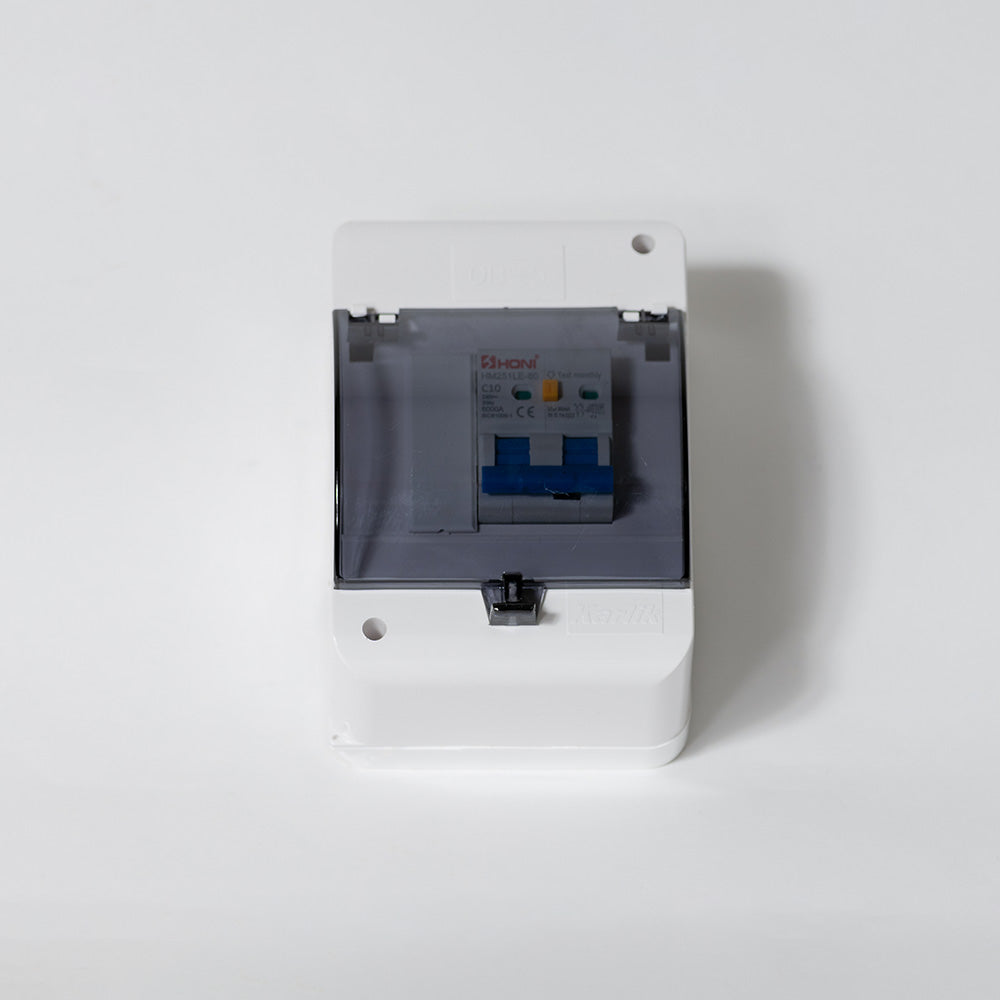How to Pick the Right RCBO CONSUMER UNITS for Your Electrical Needs
How to Pick the Right RCBO CONSUMER UNITS for Your Electrical Needs
Blog Article
The Duty of Customer Units in Effective Energy Monitoring Solution
Customer devices are integral to efficient energy administration systems, offering as the main circulation points for electrical power within frameworks. The development of wise innovations has actually additionally improved their functionality, allowing for real-time data monitoring and nuanced energy intake analysis.
Comprehending Customer Systems
-1796-p.jpg?v=293b7e83-9afe-44ed-b26f-caca2c71d6f2)
Recognizing the role of consumer devices begins with recognizing their vital feature in safeguarding electrical systems. By isolating mistakes within details circuits, consumer units protect against extensive blackouts and possible fire risks. This isolation is achieved through using circuit breakers that journey or fuses that blow when a fault is identified, thereby reducing off the electrical circulation to the impacted circuit.
Moreover, consumer devices promote the orderly distribution of power, boosting the effectiveness of energy use. They allow for the systematic management of electric loads, which can be specifically crucial in industrial and industrial setups where need can change considerably. Correctly kept customer units add to the longevity of electric systems and help in minimizing downtime brought on by electrical failings, inevitably supporting the smooth procedure of energy-dependent centers.
Smart Technologies Assimilation

A key benefit of clever customer devices is their ability to leverage progressed algorithms and maker learning for anticipating analytics. This permits for preemptive adjustments based upon usage patterns, weather prediction, and other variables, considerably raising total effectiveness. Moreover, smart consumer systems assist in demand reaction programs, where energy use can be dynamically readjusted during top periods to support the grid and lower costs.
The assimilation of renewable resource resources, such as solar and wind, is also streamlined via smart customer units. By intelligently managing the intermittency of these sources, these units make sure a reliable and balanced power supply. Furthermore, wise customer devices improve customer interaction by offering comprehensive understandings and remote control abilities via mobile applications, promoting a much more proactive method to power preservation and sustainability.
Surveillance Energy Consumption
Building on the capacities of wise innovations combination, monitoring energy intake comes to be a crucial emphasis within energy management systems. By leveraging websites advanced metering facilities (AMI), real-time information on energy usage can be collected at granular degrees, supplying useful insights right into consumption patterns and peak need periods.
Smart meters and Internet of Points (IoT) devices play a critical duty in this surveillance process. These devices can track power usage in real-time, transmitting information to central systems for evaluation.
The combination of these innovations not only equips customers with comprehensive info about their power usage however additionally sustains energy carriers in handling tons circulation extra successfully. Eventually, continual and exact surveillance is crucial for accomplishing energy effectiveness, price financial savings, and sustainability objectives within power management systems.
Optimizing Device Use

One reliable approach includes recognizing height and off-peak hours to shift energy-intensive tasks, such as washing or dishwashing, to times when power demand is lower. This not only decreases pressure on the grid but additionally takes advantage of reduced power tariffs. In addition, integrating machine learning algorithms permits for predictive upkeep, making certain appliances operate at optimum performance and extending their lifespan.
Power monitoring systems can additionally include user-specific preferences and behaviors to tailor device usage routines. For example, clever lighting systems can change illumination based upon occupancy and all-natural light availability, while a/c systems can keep comfort levels without extreme energy use.
Promoting Sustainability
Promoting sustainability within energy management systems includes not only improving effectiveness yet likewise fostering eco accountable practices. Customer units are essential to this procedure, as they supply real-time data and control devices that allow customers to monitor and decrease their power intake. By leveraging advanced modern technologies, consumer units can identify energy-saving chances and help with the combination of renewable resource sources like solar and wind power.
One essential aspect of advertising sustainability is enlightening consumers on the advantages of responsible power usage. With thorough insights provided by customer units, customers can make enlightened choices that decrease their carbon impact. These units can recommend optimal times for operating high-energy appliances based on grid demand and eco-friendly energy click resources accessibility, thereby lowering reliance on fossil fuels.
Additionally, customer systems support the adoption of wise grid technologies, which improve the total performance and dependability of energy circulation. By enabling two-way interaction in between consumers and energy service providers, these systems can dynamically adapt to energy demands, decreasing waste and advertising the use of sustainable power practices.
Verdict
Customer devices, as integral elements of power management systems, substantially boost electric security and effectiveness within structures with circuit security and clever innovation combination. Additionally, the incorporation of eco-friendly power resources promotes sustainable methods, adding to reduced general power intake and reduced carbon footprints.
Developments in clever innovations have actually revolutionized the capacities of energy administration systems, specifically with the combination of clever consumer devices.Building on the capacities of smart innovations combination, monitoring power intake ends up being an essential focus within energy management systems.Efficient device usage optimization is an important element of power management systems, intending to enhance performance and reduce unneeded energy usage.Consumer systems, as indispensable components of energy management systems, considerably improve electric safety and efficiency within structures via circuit defense and smart modern technology combination. Additionally, the incorporation of eco-friendly energy sources promotes sustainable techniques, contributing to minimized total energy consumption and lower carbon footprints.
Report this page